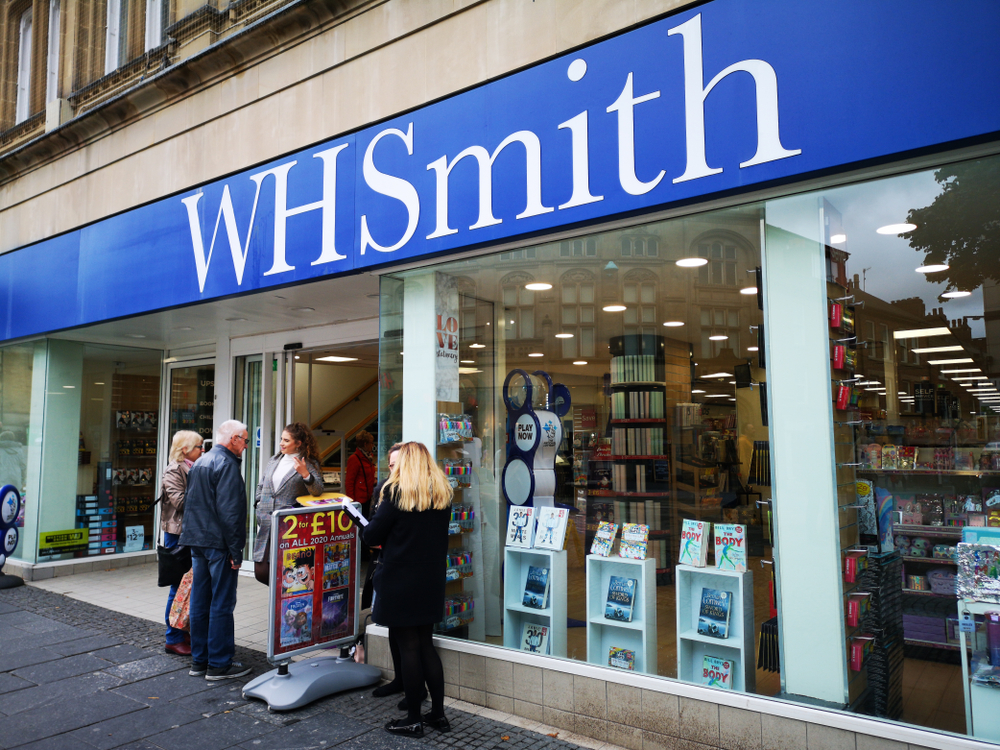It has been a turbulent week for Britain‘s economy: shares for AO World plummeted, while records on the FTSE 100 reached an all time high. Today news broke that the Royal Bank of Scotland has produced a loss of £3.5bn in 2014, its 7th year of losses.
The bank has a strong retail focus with its ‘Citizens‘ retail and commercial banking services unit. The Citizens IPO saw difficulties as it attempted to float in September 2014, resulting in shares being sold at $21.50 rather than the proposed $25. In a letter written to shareholders, Chairman Philip Hampton (who today has been replaced by Sir Howard Davies) acknowledged the disastrous results and puts them down to the fines RBS and five other banks received, after authorities found a number of their traders had attempted to manipulate the foreign exchange markets:
“These conduct issues have delayed the re-build of our capital and directly reduced shareholder value. They have also caused continuing reputational damage. I hope as we move beyond these issues we can fully rebuild the trust of our customers, and by doing so win more of their business”.
It‘s not surprising that RBS is fearful for its standing on the stock exchange, as the bank has invested in a number of high profile companies. The newest to the mix is Lakeland, a kitchen specialist, in which RBS funded £16m. At the time RBS‘ Relationship Director highlighted that he saw the partnership as long term: “The revolving credit facility has been committed for five years and we are confident it will help them shape the future growth of the business.”
The bank that is 79% owned by the government and funded by the taxpayer, has announced it will tighten its pockets in 2015, aiming to reduce costs by a further £800m. While it will focus on retailers, it understands that income in Corporate Investment Banking is likely to decline, ‘”substantially faster than cost at this point in its restructuring”, suggesting that the Bank will have to be selective when choosing where to invest, perhaps avoiding smaller businesses.
RBS‘ retail and commercial banking services unit has already caused a £4bn write down, something that will affect the budgets of retailers and smaller businesses. This comes after many smaller businesses lost confidence in the bank, following January‘s admittance that it had been mis-selling loans under the Enterprise Finance Guarantee scheme. The firm was forced to contact around 1,800 customers who had taken out the loan.
With plans to improve its financial standing, RBS‘s Chief Executive Ross McEwan, has warned of ‘substantial job cuts‘. Having already reduced its operations from 51 to 38 countries in 2014, following a £8.4bn loss, the company will now work with just 13 countries. This will limit larger businesses who want to focus on a more global banking system.
Though it will be decreasing its stature, RBS still wants to maintain a retail focus. In its financial statement released today, it underlined that, “Commercial Banking‘s efforts to stimulate demand resulted in a resumption of loan book growth; together with active management of cost and capital, this supported a significant improvement in probability”. RBS‘ future is down to retailers choosing to collaborate with the bank and the assurance that consumer spending will grow.
















